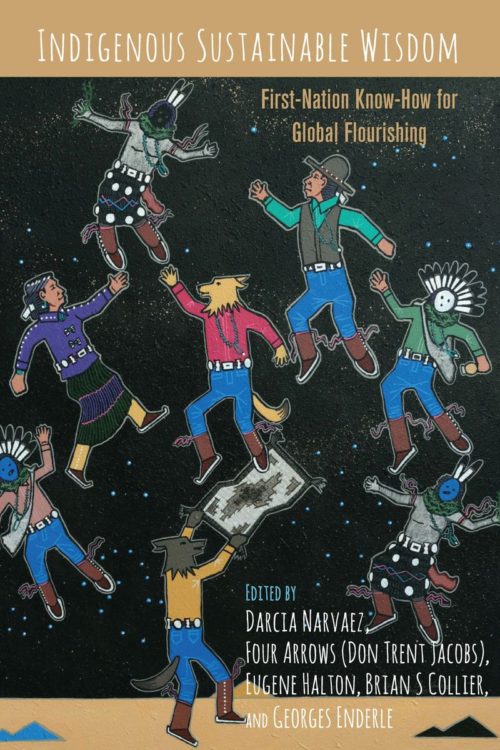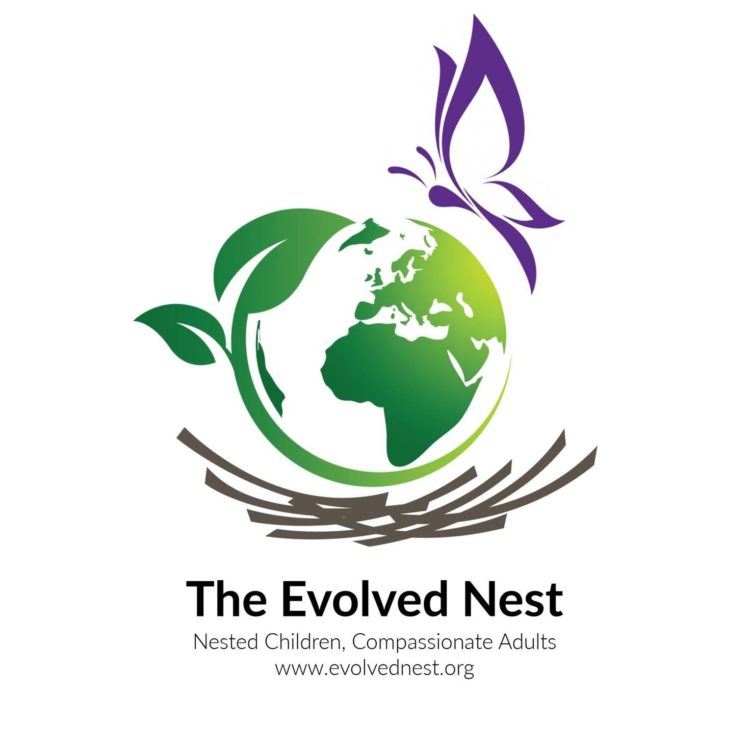Is it time to expand psychological theories?
The field of psychology has generally followed the western world’s frameworks for explaining life. Indigenous Psychologies, rooted in place, challenge the western paradigm.
A new book provides new insights into emerging psychological theory: Indigenous Psychologies in an Era of Decolonization, edited by Nuria Ciofalo. I summarize and quote some of the introduction here.
It is widely known that psychology largely draws its conclusions from studies of WEIRD samples (Western, European, Industrialized, Rich, Democratic), who represent 12% of the world’s population (Henrich et al., 2010). Most studies are conducted with undergraduate participants from WEIRD societies, who represent even a smaller proportion of the world’s population. But that’s not all that is skewed.

In psychology typically, western theories and practices have been assumed true and valuable whereas non-western approaches have been considered “irrelevant, useless, primitive speculation, superstition, sorcery, and, thus, incommensurable, incomprehensible, and invisible” (Ciofalo, 2019, p. 4).
Western psychology’s schemas influence the design, analyses, interpretation and publication of research studies around the world. This is problematic because “modern science has been used as a strategic colonization tool…like all sciences, psychology has contributed to the project of colonization” (Ciofalo, 2019, pp. 3-4). Colonization—the “taking over” of the Other—regards non-western systems, especially of knowledge, as primitive, inferior or even barbaric.
Western thinking puts a line between what is considered real, acceptable knowledge and knowledge making, and what are unacceptable forms of knowledge. The latter are belittled as “only” intuition, beliefs and subjective understandings. In other words, western conceptual frames are considered forms of hegemonic colonization that have de-legitimized other ways of knowing and being. These alternative ways are being recognized by practitioners of Indigenous Psychologies.
What are Indigenous Psychologies (IP)?
IP contrasts with western scientific paradigms that decontextualize the phenomena of psychology to produce universal theories based on a narrow regime of truth. IP incorporates meanings, values, context, beliefs and locality into knowledge generation, research designs and application.
“Indigenous Psychologies are systems of knowledge and wisdom based on non-western paradigms” that originate in “particular ecologies and cultures… they deconstruct psychological phenomena within political, economic, historical, philosophical, religious, cultural, and ecological contexts” (Ciofalo, 2019, p. 7).
As psychologists from non-western societies have long noted: “Existing psychological theories are not universal since they have eliminated the very qualities that allow people to understand, predict, and control their environment” (Kim & Park, p. 31). Advocates of IP contend that “psychological phenomena must be understood in their ecological historical, philosophical, religious, political, and cultural context, and at the same time, global context” (Ciofalo, 2019, p. 7). “Kim and Berry (1993) defined Indigenous Psychologies as “the scientific study of human behavior or mind that is native, that is not transported from other regions, and that is designed for its people” (Ciofalo, 2019, p. 2; cited in Kim et al, 2006, p. 5).
Key Differences
Western paradigms tend to focus on the individual, whereas most cultures see selves as relational entities, “embedded in the context of family, culture, and nature at large” rather than as separate or internal (Ciofalo, 2019, p. 9).
IP’s knowledge systems are rooted in profound respect for nature and the sacred, aspects that have been outside of western psychological science until recently (see the journal Ecopsychology).
IP emphasizes decolonization through the development of ethnotheories of emotion and its expression. Which emotions are a sign of health? In western culture, happiness and self-esteem are considered important. In other cultures, concern for the wellbeing of children or elders is more important, along with exhibiting shame or self-denial.
IP proposes diverse ecologies of knowledge that include a variety of research methodologies (de Sousa Santos, 2016). In fact, the whole purpose and approach to research is different. “Indigenous research views knowledge as praxis, relationship building, the development of shared identity and interdependence, and the raising of critical consciousness. Multi-methods are applied to enhance awareness as one-with-the-other. The researcher coconstructs knowledge in relationship with others and gives it back to the community.” (Ciofalo, 2019, p. 13)
In an era where the dominant western culture has brought the globe to unprecedented ecological crises, it is a good time to consider alternative ways of knowing and being, especially from societies who have existed for hundreds if not thousands of years.
The next post will provide examples of Indigenous Psychologies around the world.
10 Indigenous Holistic Healing Practices
Wise Elders in the Circle of Life
Relational Disconnection as Mental Illness
Raising Boys to Be Disconnected
References
Ciofalo, N. (2019). Indigenous psychologies in an era of decolonization. New York: Springer.
De Sousa Santos, B. (2016). Epistemologies of the South: Justice against epistemicide. New York: Routledge.
Henrich, J., Heine, S. J., & Norenzayan, A. (2010). The weirdest people in the world? Behavioral and Brain Sciences, 33(2-3), 61-83.
Kim, U., & Berry, J.W. (1993). Indigenous Psychologies: experience and research in cultural context. Newbury Park, CA: Sage.
Kim, U., Yang, K.S., & Hwang, K.K. (2006). Indigenous and cultural Psychology. New York: Springer Science& Business Media LLC.
Kim., U., & Park, Y.S. (2006). The scientific foundation of indigenous and cultural psychology: The transactional approach. In U. Kim, K.S. Yang, & K.K. Hwang (Eds.), Indigenous and cultural psychology (pp. 27-48). NY: Springer Science & Business Media LLC.
Photo Shutterstock/agsandrew



